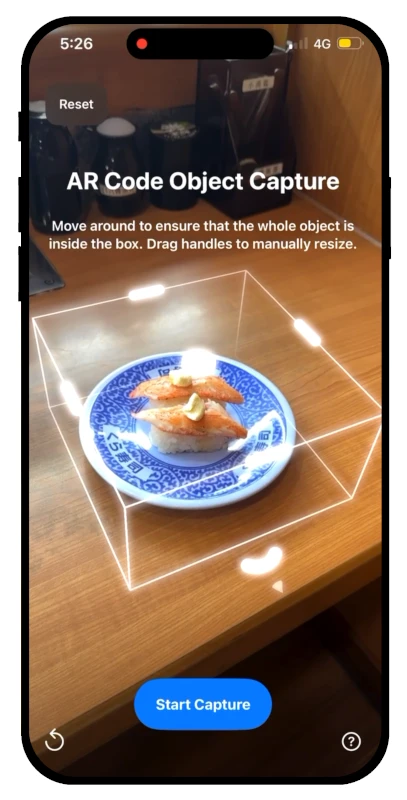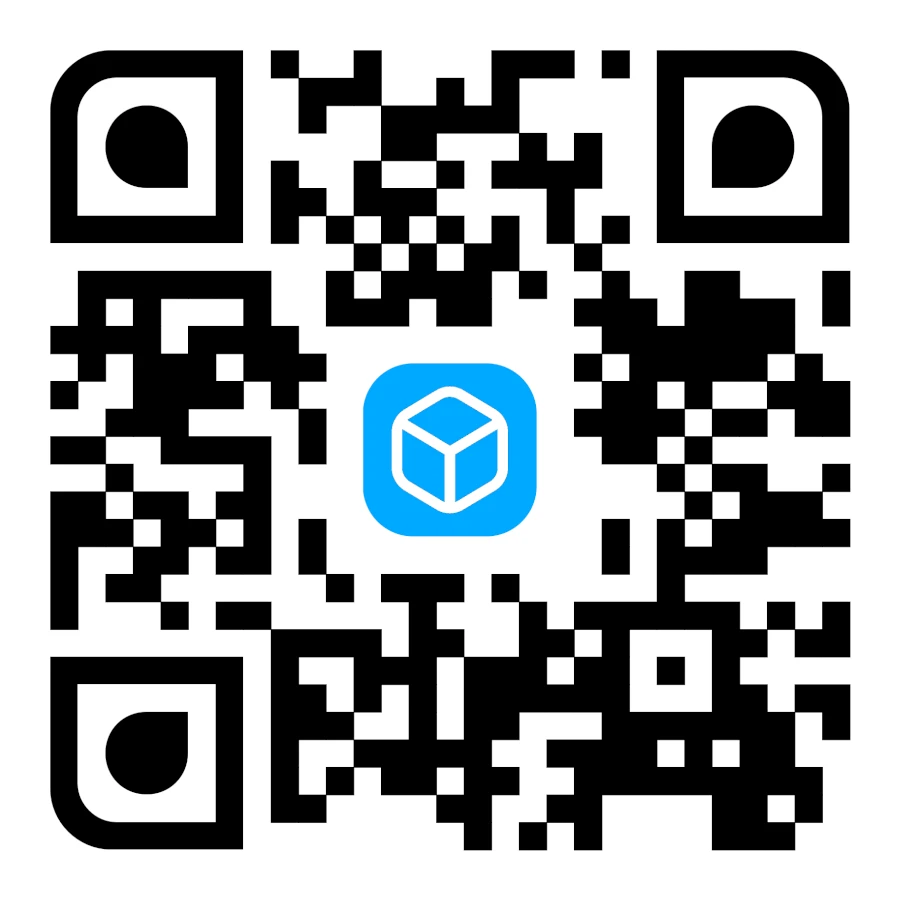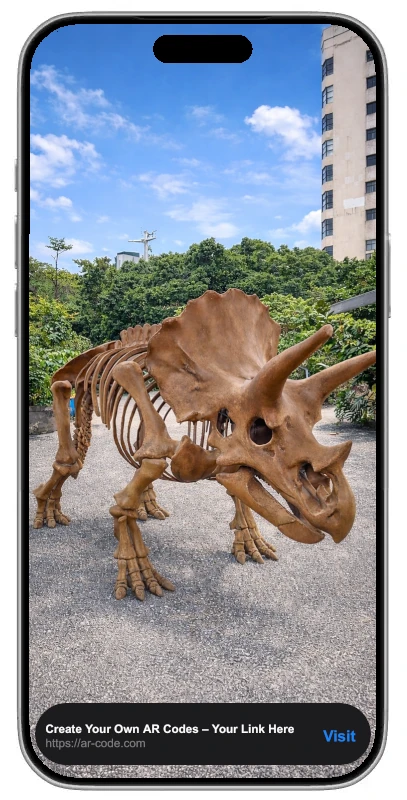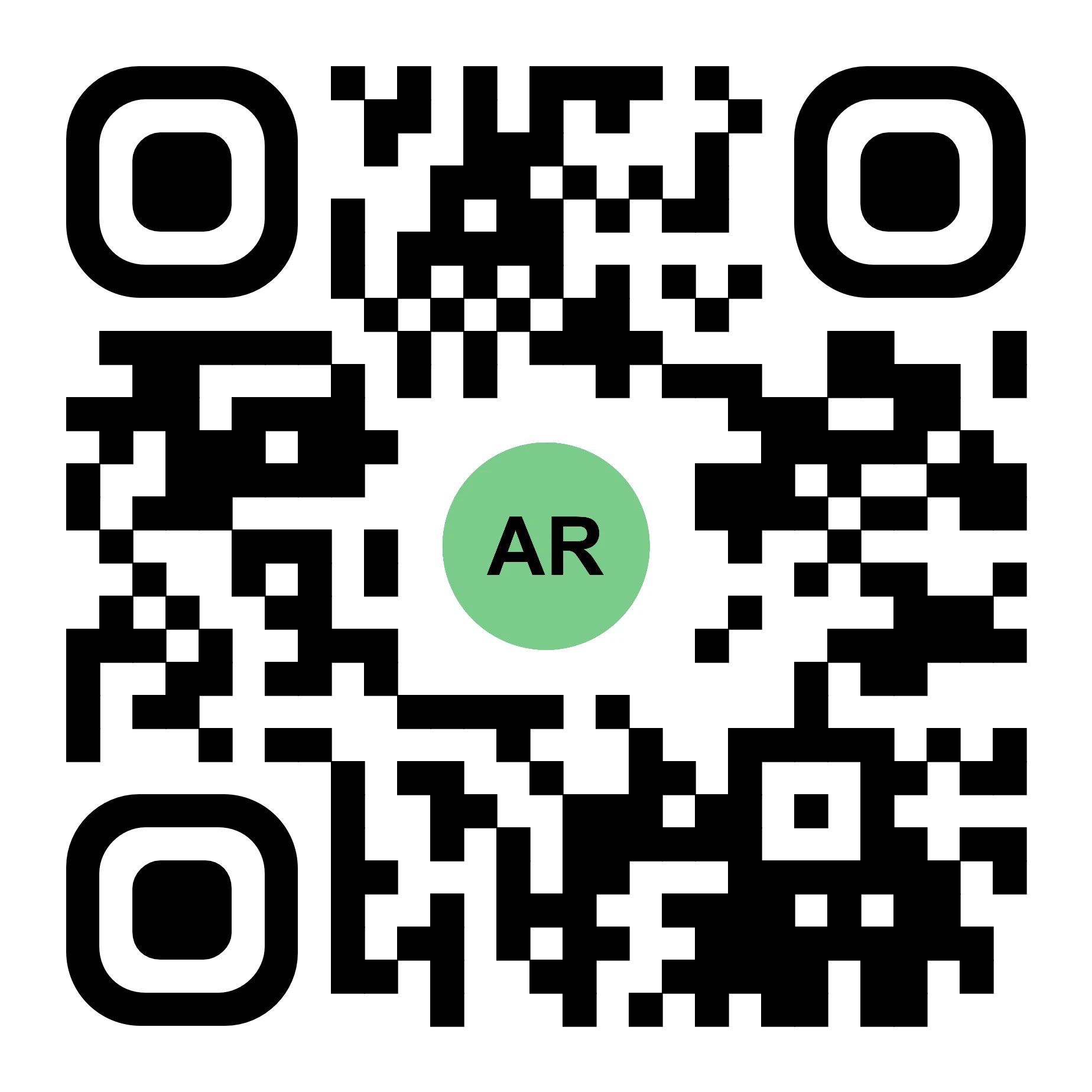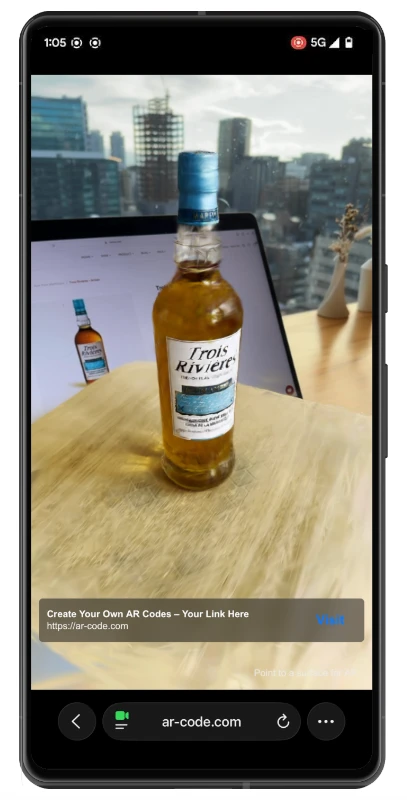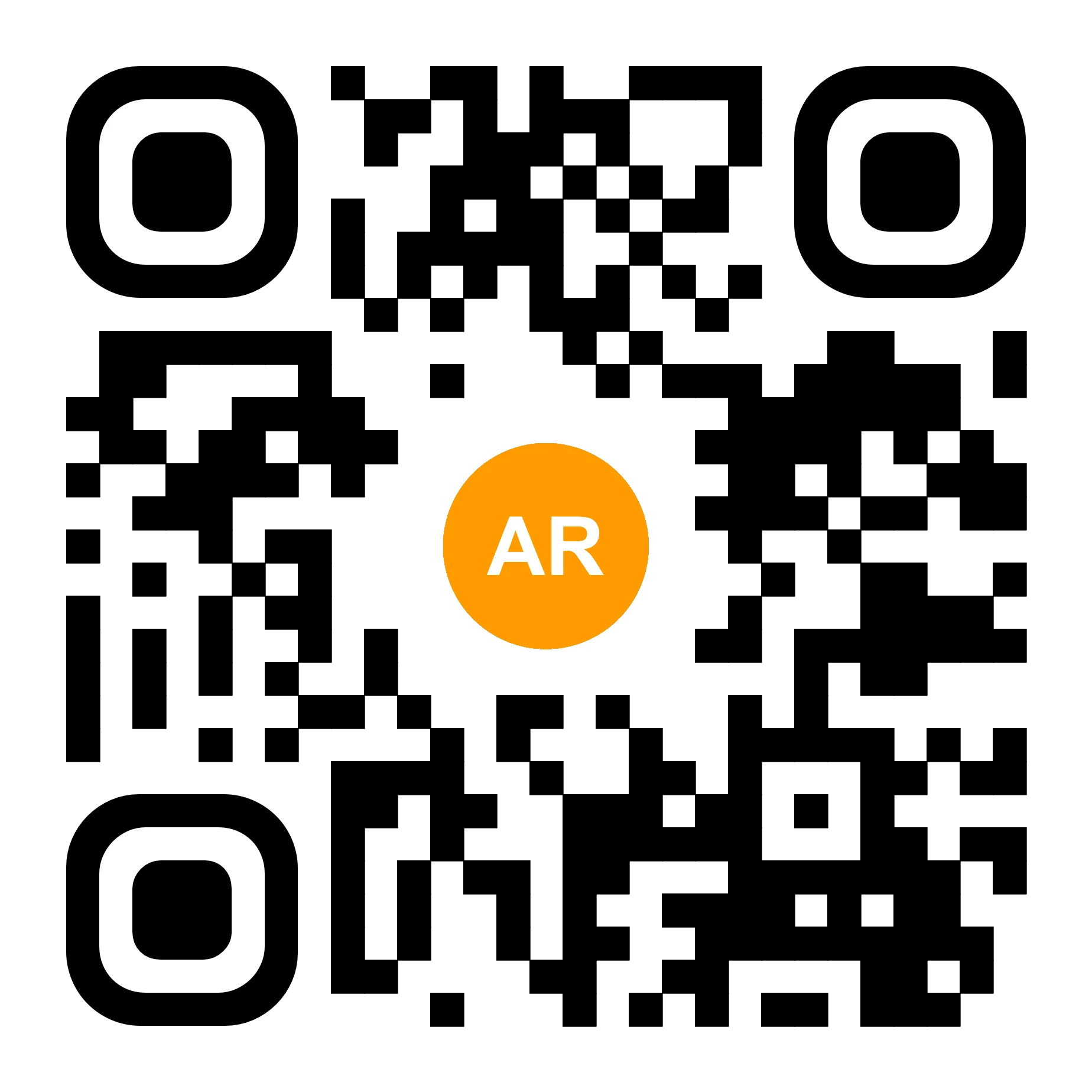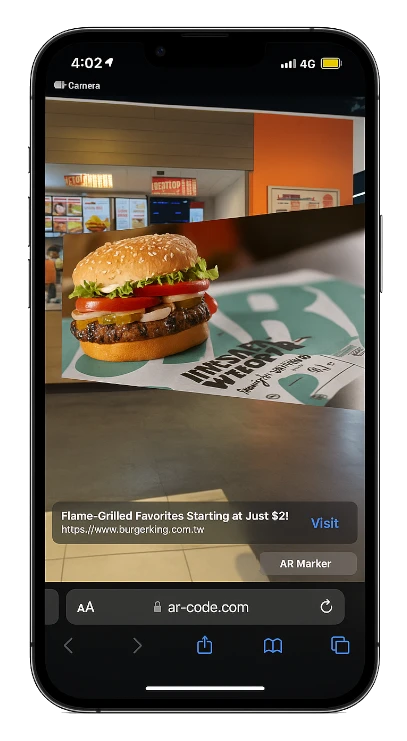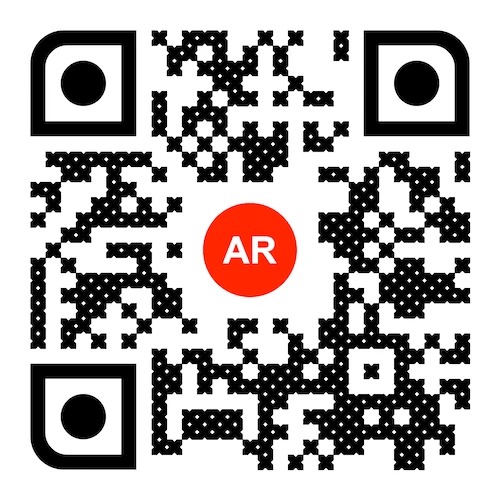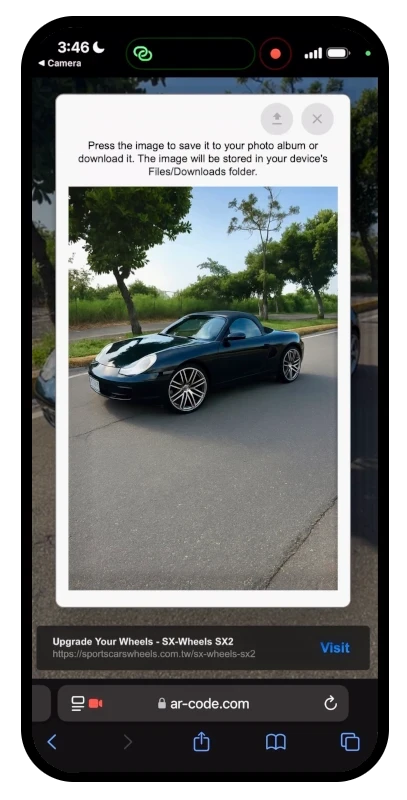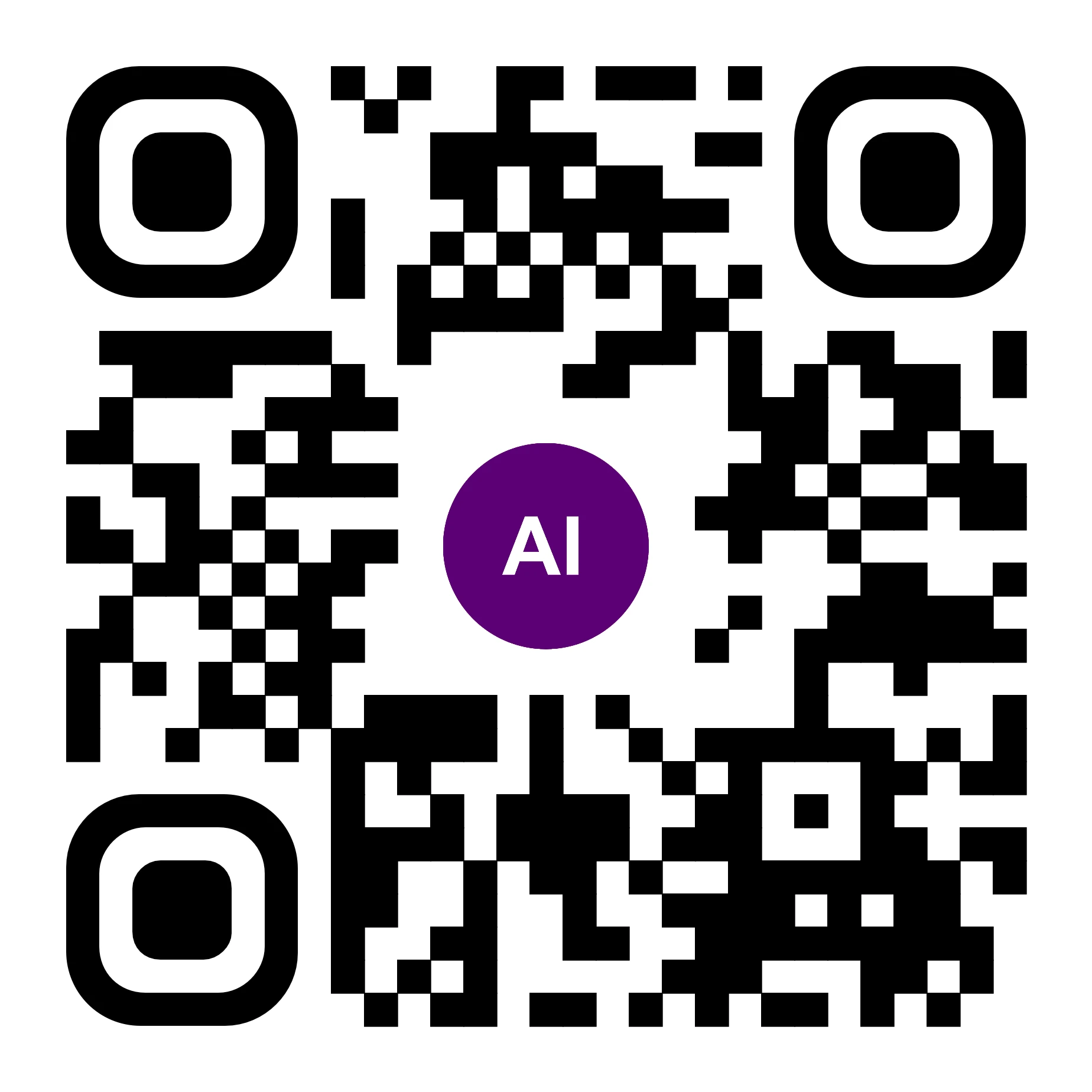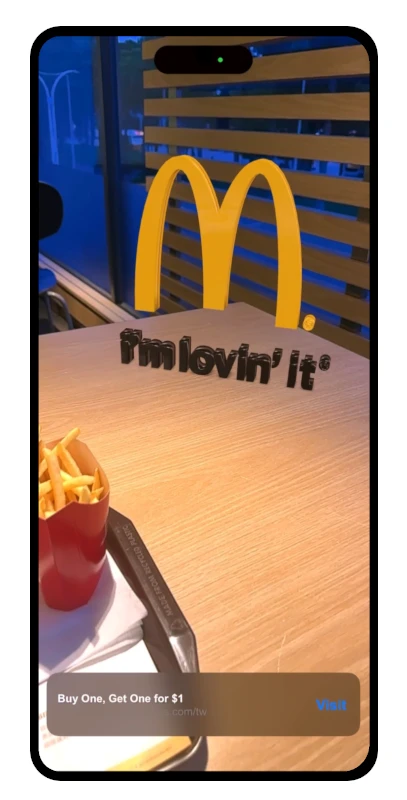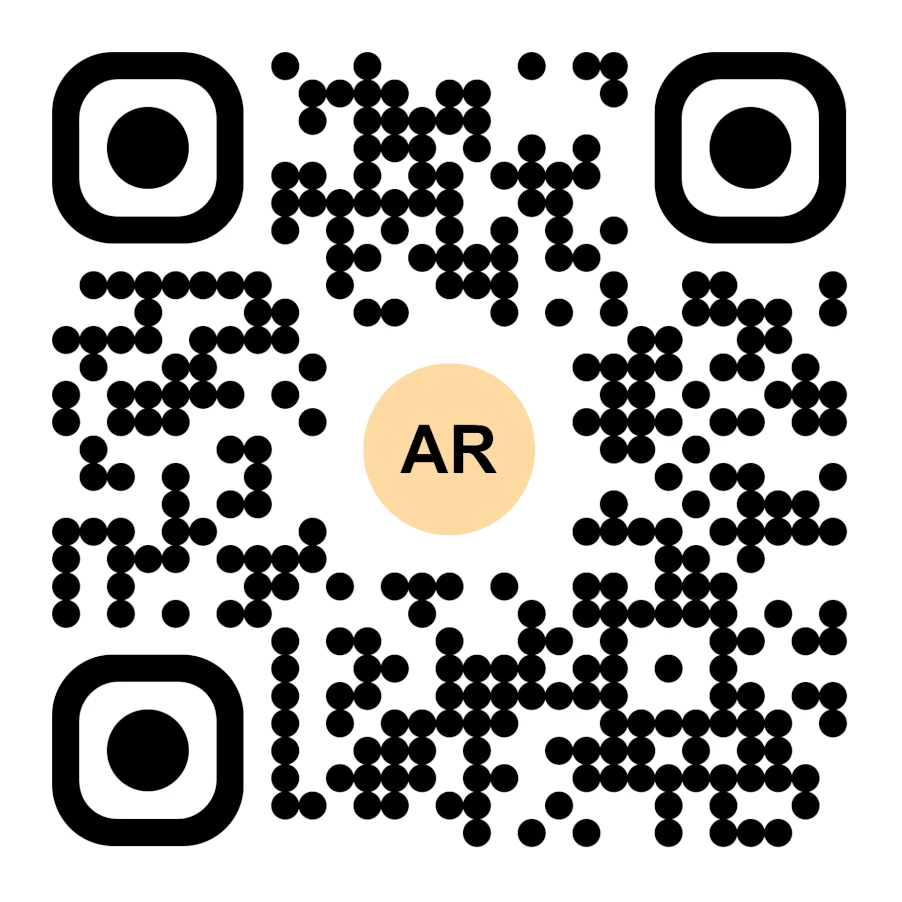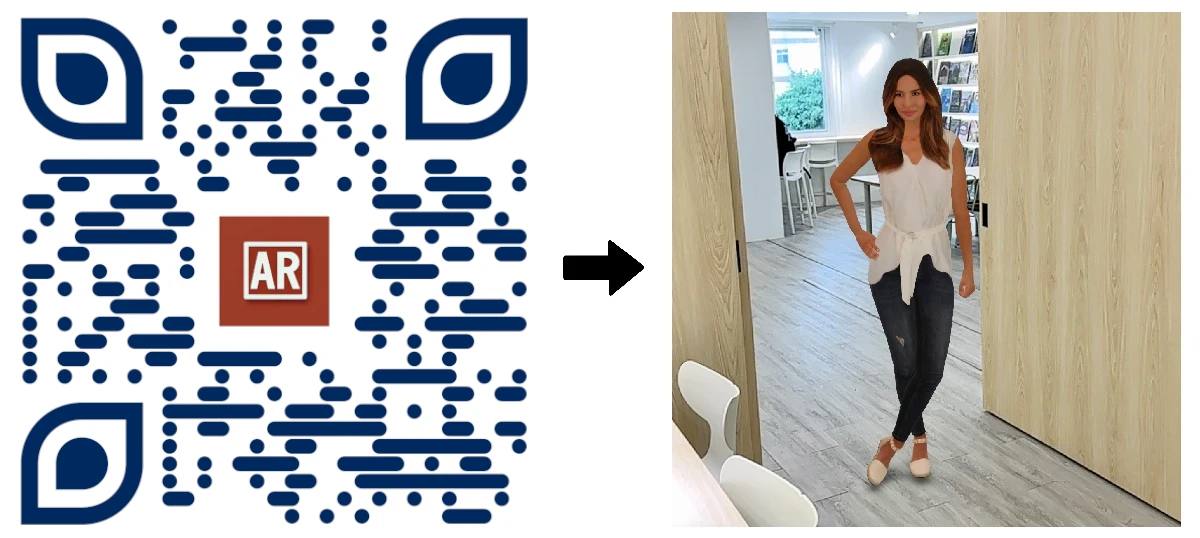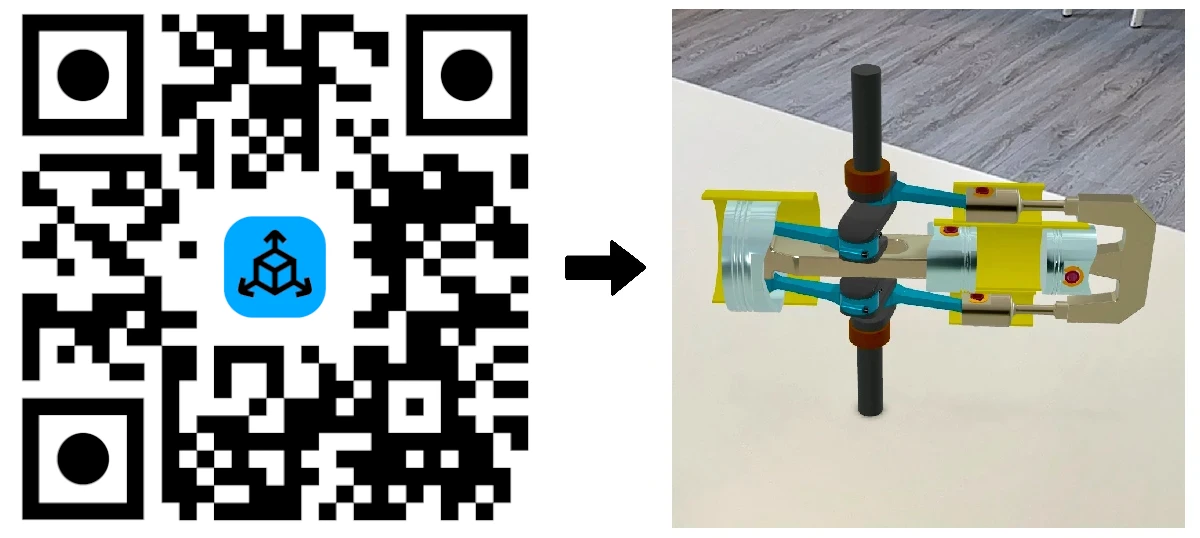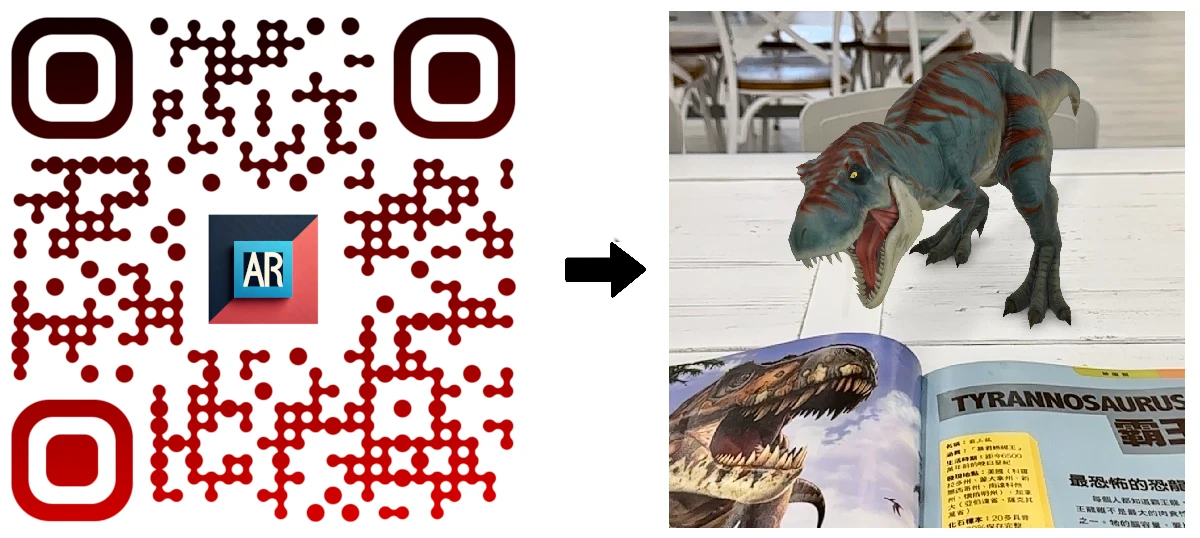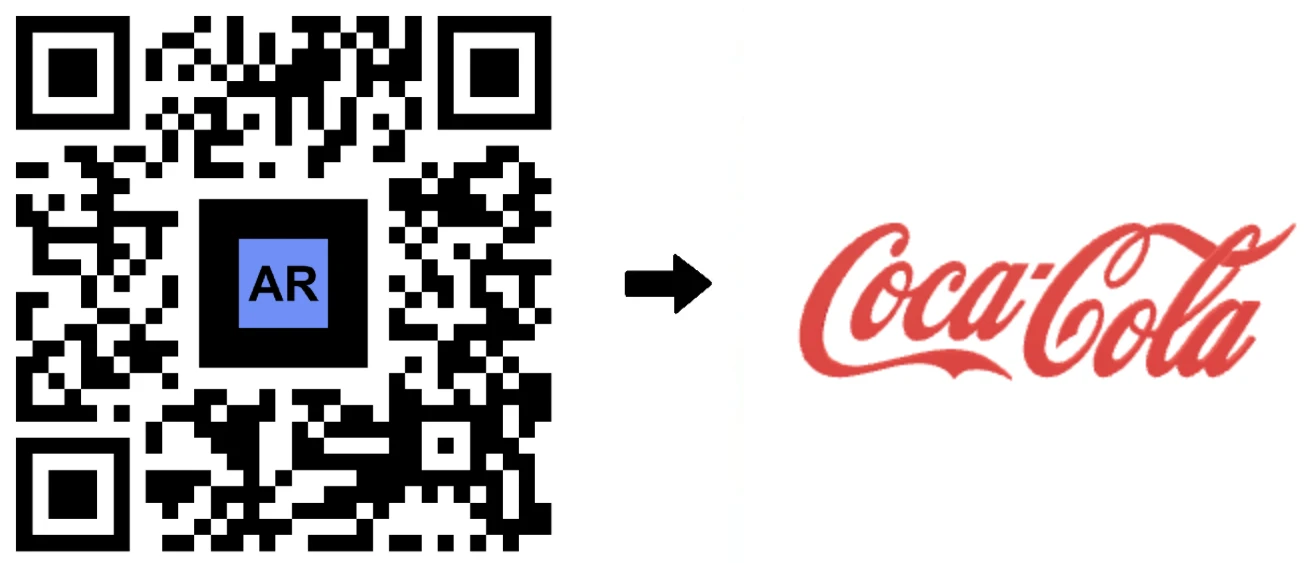8thWall VS AR Code: Comparing WebAR SaaS for Your Business
WebAR | 03/02/2026 |
Web-based augmented reality (AR) is redefining how businesses connect with customers and showcase products. Leading WebAR platforms like AR Code and 8thWall let companies deliver interactive AR experiences directly in browsers without any app. This seamless accessibility strengthens AR marketing strategies and customer engagement for all industries.
Important update: 8th Wall will discontinue operations. Developer access ends on February 28, 2026, and hosted projects will stay online until February 28, 2027. After this, all data will be deleted. Now a Niantic company, 8th Wall may open-source select technology components.
This comparison of AR Code SaaS and 8th Wall highlights why AR Code is the leading WebAR SaaS for businesses. Whether you’re launching new AR campaigns or looking for a dependable WebAR provider, AR Code offers essential tools for immersive customer engagement, AR marketing, product visualization, and platform integration.
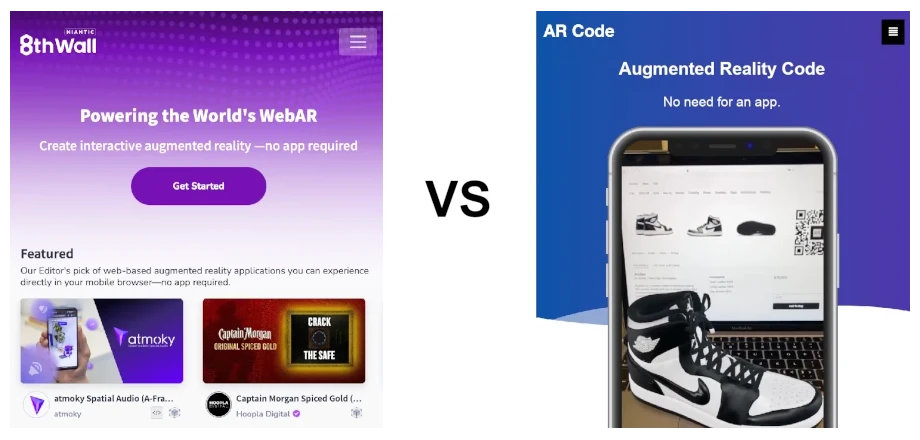
AR Code: Advanced WebAR Solutions for Businesses
AR Code empowers businesses to launch instant browser-based AR on any device. Simply scan an AR QR Code—no app or download required—making it perfect for packaging, flyers, business cards, and retail displays. AR Code’s intuitive platform drives rapid customer engagement through seamless AR activation.
AR Code bridges physical and digital with AR QR codes tailored for marketing and customer interaction. From interactive packaging to smart cities, education, and museum experiences, AR Code delivers real results. Explore how AR Code improves engagement in smart cities and beyond.
8th Wall: Platform Overview and Service Sunset
8th Wall provided an extensive WebAR platform for developers to create AR using JavaScript, WebGL, and HTML5, supporting image tracking, facial effects, and spatial features for branded digital experiences.
With 8th Wall shutting down, new accounts and editing will end after February 28, 2026, and hosting finishes on February 28, 2027. After this, hosted content won’t be available.
For businesses seeking dependable AR solutions, AR Code is the preferred choice, delivering reliable support, secure hosting, and a robust development roadmap for powerful WebAR deployment.
AR Code vs. 8th Wall: Which WebAR SaaS Best Fits Your Business?
Comparing AR Code and 8th Wall on critical business factors:
- Ease of use: AR Code provides intuitive, no-code creation for marketers; 8th Wall requires technical experience.
- Accessibility: Both support cross-device AR, but AR Code’s AR QR Codes maximize instant engagement on platforms such as Apple Vision Pro and AR glasses.
- AR Creation Tools: AR Code’s easy-to-use tools—such as AR Text, AI Code, and AR Photo—enable rapid, code-free content. 8th Wall targets developers only.
- Marketing and customer engagement: Both enable interactive AR advertising, but AR Code streamlines event, retail, and print campaigns. Explore event marketing with AR QR Codes.
- Cost-effectiveness: AR Code offers scalable, affordable business plans, while 8th Wall’s pricing and discontinuation make AR Code the secure SaaS option for growth.
- Long-term availability & roadmap: AR Code remains committed to development and feature expansion. 8th Wall’s end-of-life requires switching for future-proof AR projects.
- Apple Vision Pro: AR Code provides out-of-the-box support for Vision Pro and next-gen AR hardware.
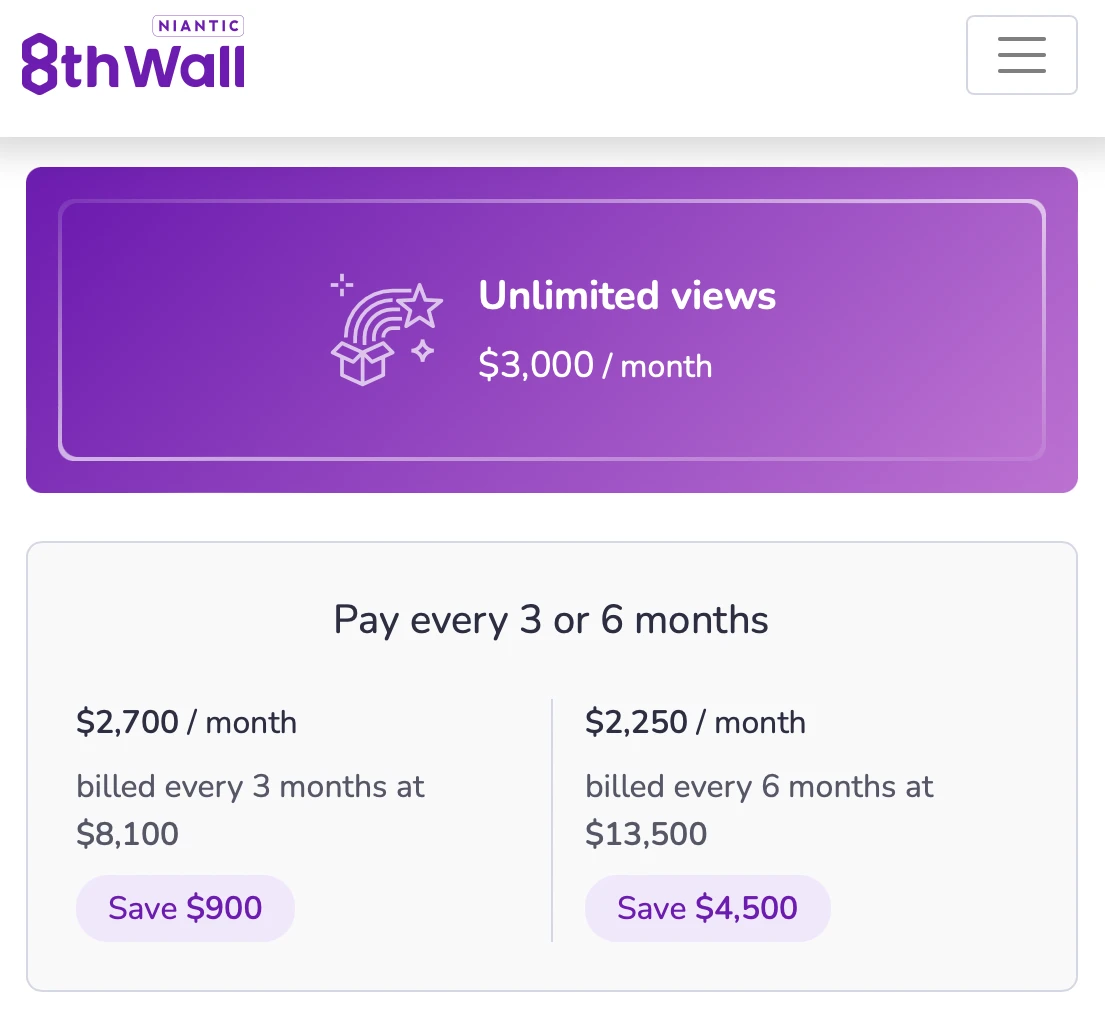
Migrate from 8th Wall to AR Code
As 8th Wall sunsets, businesses should start migration early to keep AR marketing active beyond February 28, 2026.
- Audit assets: Review all live 8th Wall experiences and their QR codes used across packaging, web, and print channels.
- Export content: Download 3D models, AR scenes, and assets ahead of sunsetting developer access.
- Rebuild with AR Code: Use AR Code’s solutions—such as AR Photo, AR Text, AR Portal, AR Video, and the advanced AR GenAI tool, which generates a 3D AR experience from just a photo—to recreate and upgrade your campaigns.
- Update user entry points: Replace 8th Wall QR codes and links with AR Codes to maintain user engagement after the transition.
Migrating to AR Code secures your brand, retains users, and equips your team with industry-leading WebAR tools for future business success.
Why AR Code SaaS Is the Smart Choice for Business AR
AR Code leads in retail, e-commerce, manufacturing, real estate, and education by delivering rapid AR deployment, community support, and expert resources driving AR innovation.
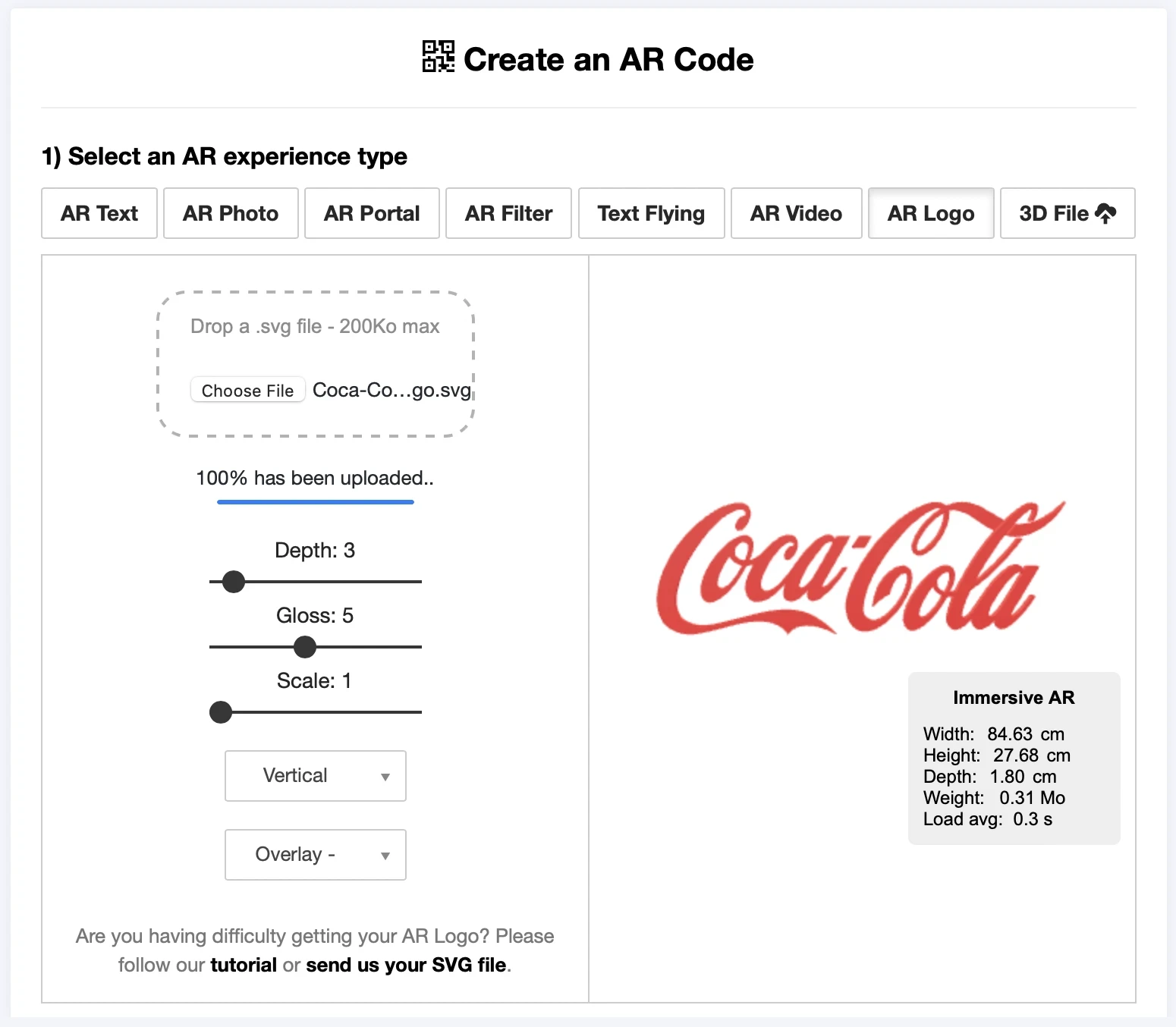
With AR Code’s drag-and-drop tools, businesses create rich AR brand experiences—such as product try-ons and immersive displays—delivering measurable marketing ROI without development work.
Access features like AR Text, AR Photo, AR Portal, Text Flyover, AR Face Filter, AR Video, and AR Logo. Discover how to customize your AR Code experiences to truly stand out.
AR Code: Seamless Onboarding and Business Support
AR Code delivers full support with in-depth tutorials, guides, and a collaborative community. Transparent pricing and clear licensing let companies leverage AR as a scalable marketing asset.
Accelerate adoption with AR Code’s educational resources and top tutorials:
- Step-by-step guide for scanning AR Codes
- Explore video guides for AR Photo experiences, creating 3D Text, and building AR Portals
- Deploy flyover text and AR face filters for standout AR campaigns
- Produce AR videos and custom 3D logos from SVG files
- Streamline uploads with 3D model compression tips and AR best practices
Conclusion
AR Code is the optimal WebAR SaaS for businesses that want scalable digital transformation and lasting customer engagement. With flexible pricing, advanced business features, and comprehensive support, AR Code stands out as 8th Wall exits, ensuring ongoing AR marketing innovation and results.
Compare More WebAR SaaS Providers
Consider additional WebAR SaaS platforms for features and pricing:
Frequently asked questions
What are the key differences between AR Code and 8th Wall?
AR Code offers fast, no-code AR experiences using QR Codes for marketing, retail, industrial training, and education. It removes technical barriers and delivers strong ROI. 8th Wall was developer-focused and will cease support in 2026, with hosting ending in 2027. For future business AR initiatives, AR Code offers stability and continuity.
What are the use cases for AR Code and 8th Wall?
AR Code provides interactive advertising, product demos, retail promotions, and educational content accessible via AR QR Codes on all devices, including Apple Vision Pro. 8th Wall was ideal for developer-built AR campaigns but is only supported through its end date.
Why is AR Code the better choice for businesses seeking a WebAR solution?
AR Code combines user-oriented simplicity, affordability, and scalability for business WebAR. Access in-depth resources, clear licensing, and frequent updates. With 8th Wall’s departure, AR Code gives your business a reliable, secure, and future-ready AR SaaS that maximizes value and reduces technical risk.
WebAR - Latest Blog Posts
8th Wall Is Shutting Down: Timeline, Impact, and the Best 8th Wall Alternative for WebAR
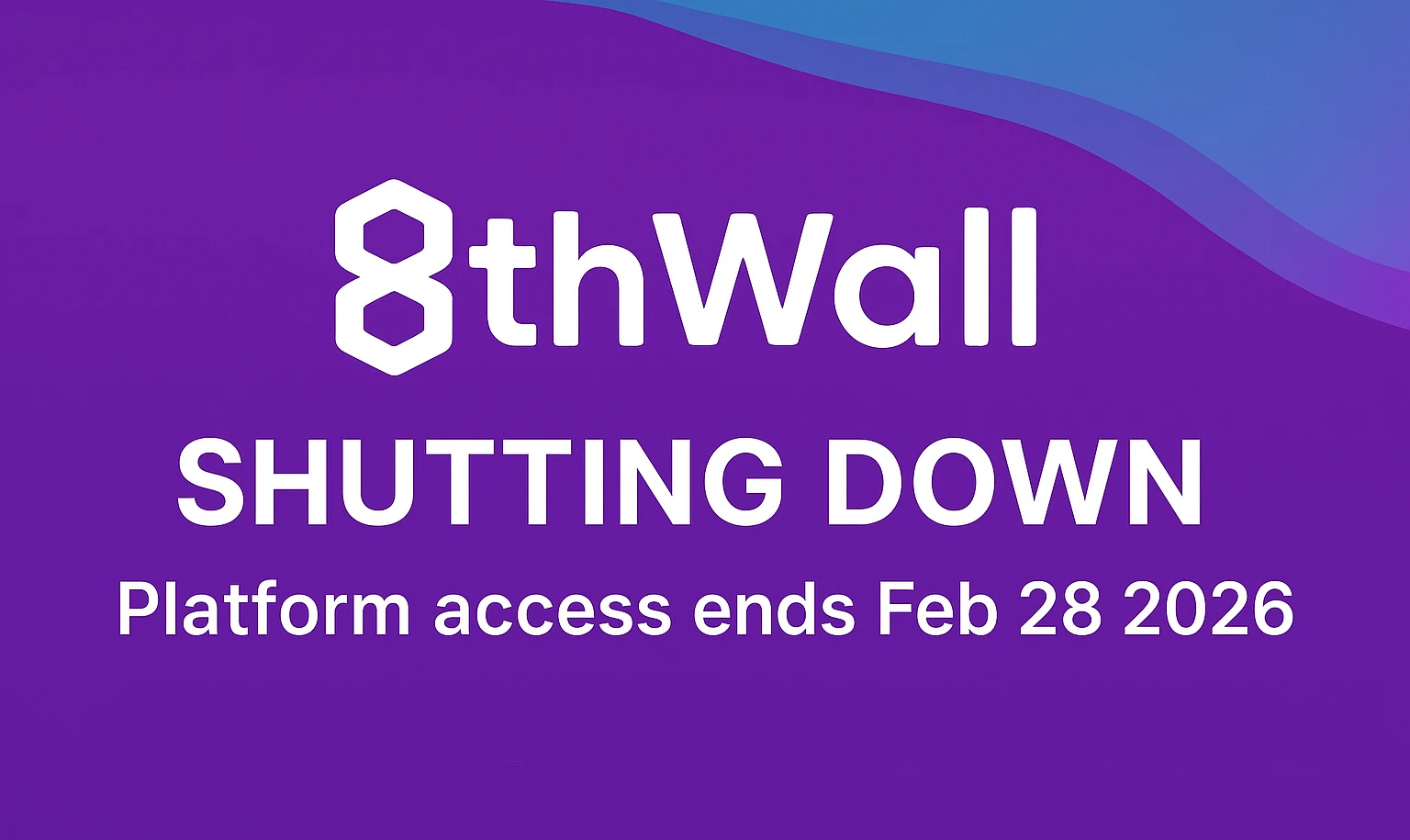
The WebAR landscape is changing fast with the announced 8th Wall shutdown, impacting businesses, agencies, and developers using browser-based augmented reality for engaging experiences. With 8th Wall ending after seven years, organizations must migrate current AR campaigns and find a trusted 8th Wall alternative...
3DQR vs AR Code: A Comparative Study of QR Code-Based Augmented Reality Solutions
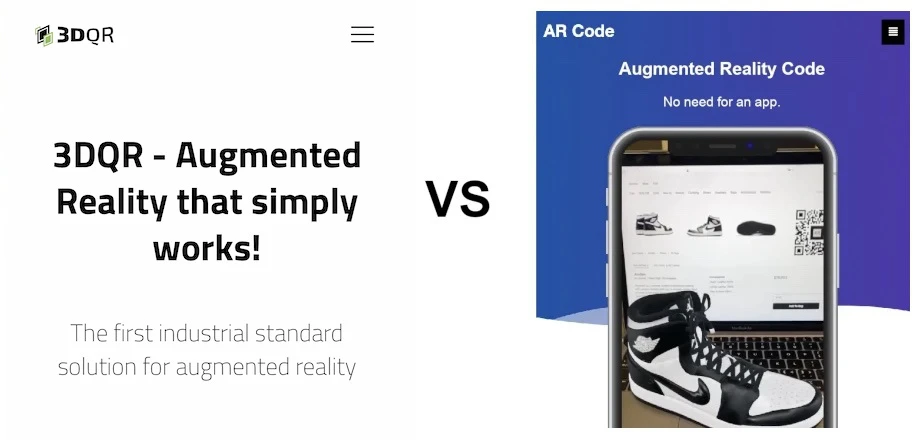
Augmented Reality is transforming business interactions and operational efficiency in every industry. AR Code and 3DQR are leading AR SaaS solutions that empower organizations to create immersive digital experiences, improve customer engagement, and drive ROI. This in-depth comparison showcases their features,...
Blippar VS AR Code: WebAR SaaS Platforms Compared
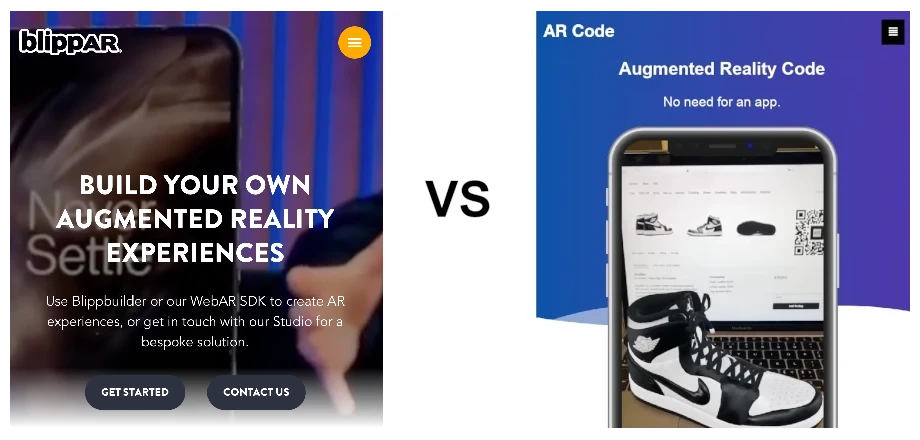
WebAR platforms like AR Code and Blippar are redefining business engagement by enabling interactive augmented reality experiences without requiring app downloads. Brands can instantly boost marketing, packaging, retail, and event engagement by integrating AR at key customer touchpoints, elevating both digital...
167,266 AR experiences
586,391 Scans per day
133,678 Creators
